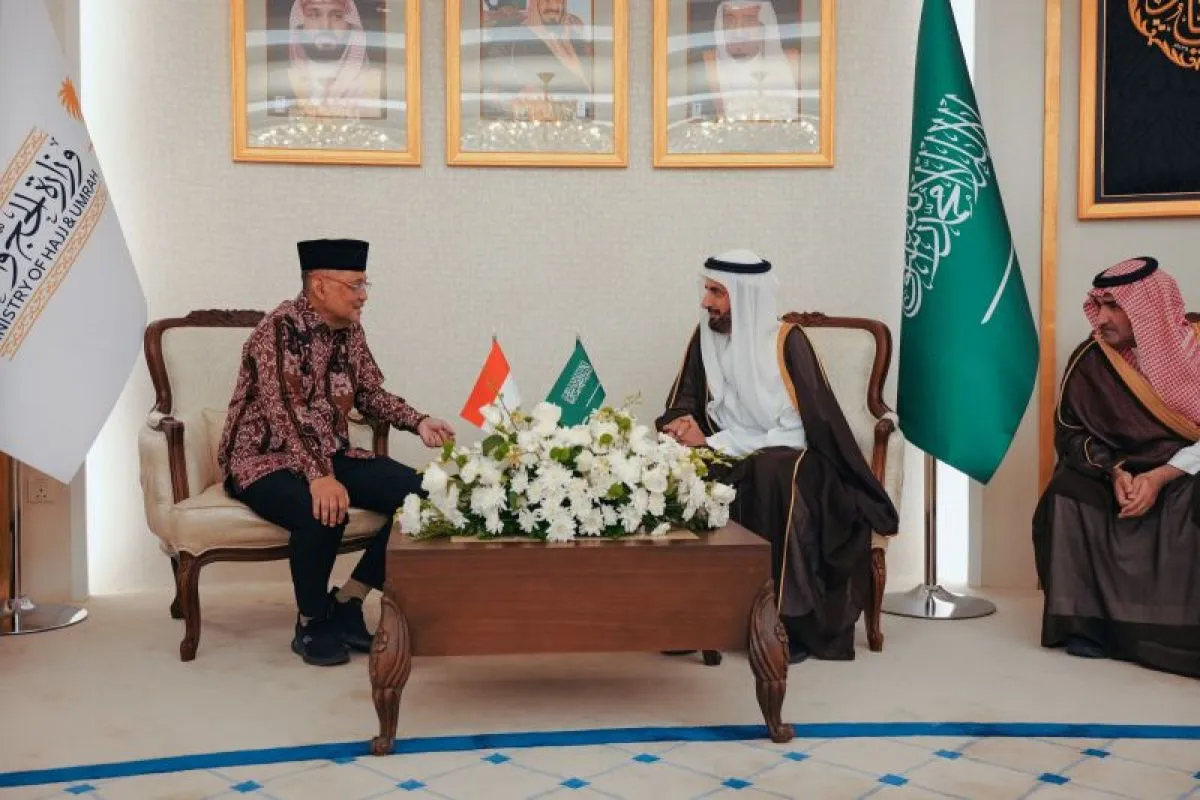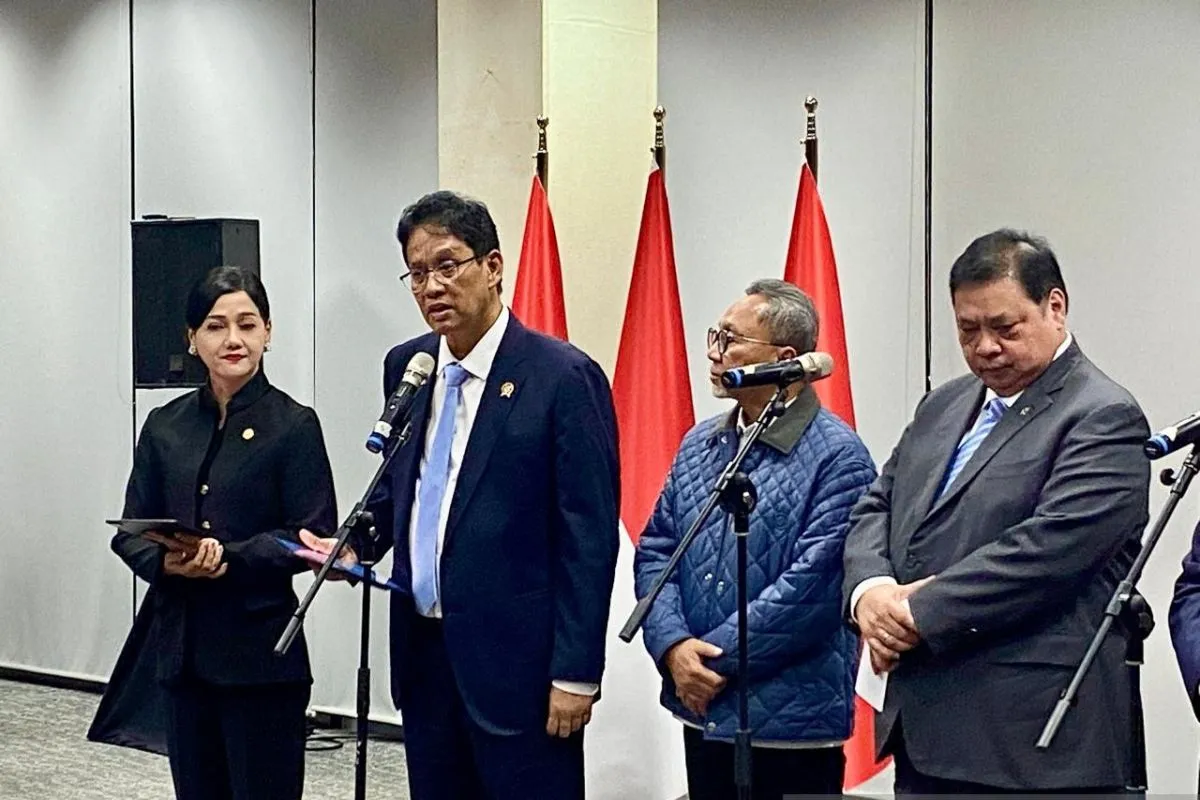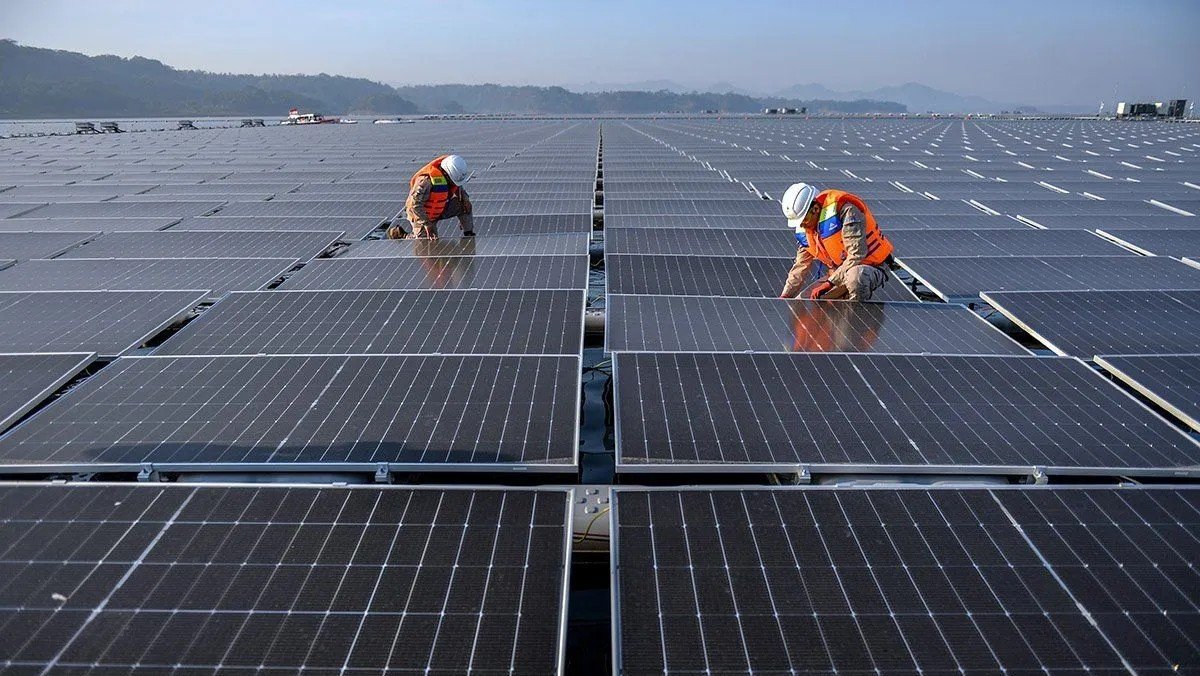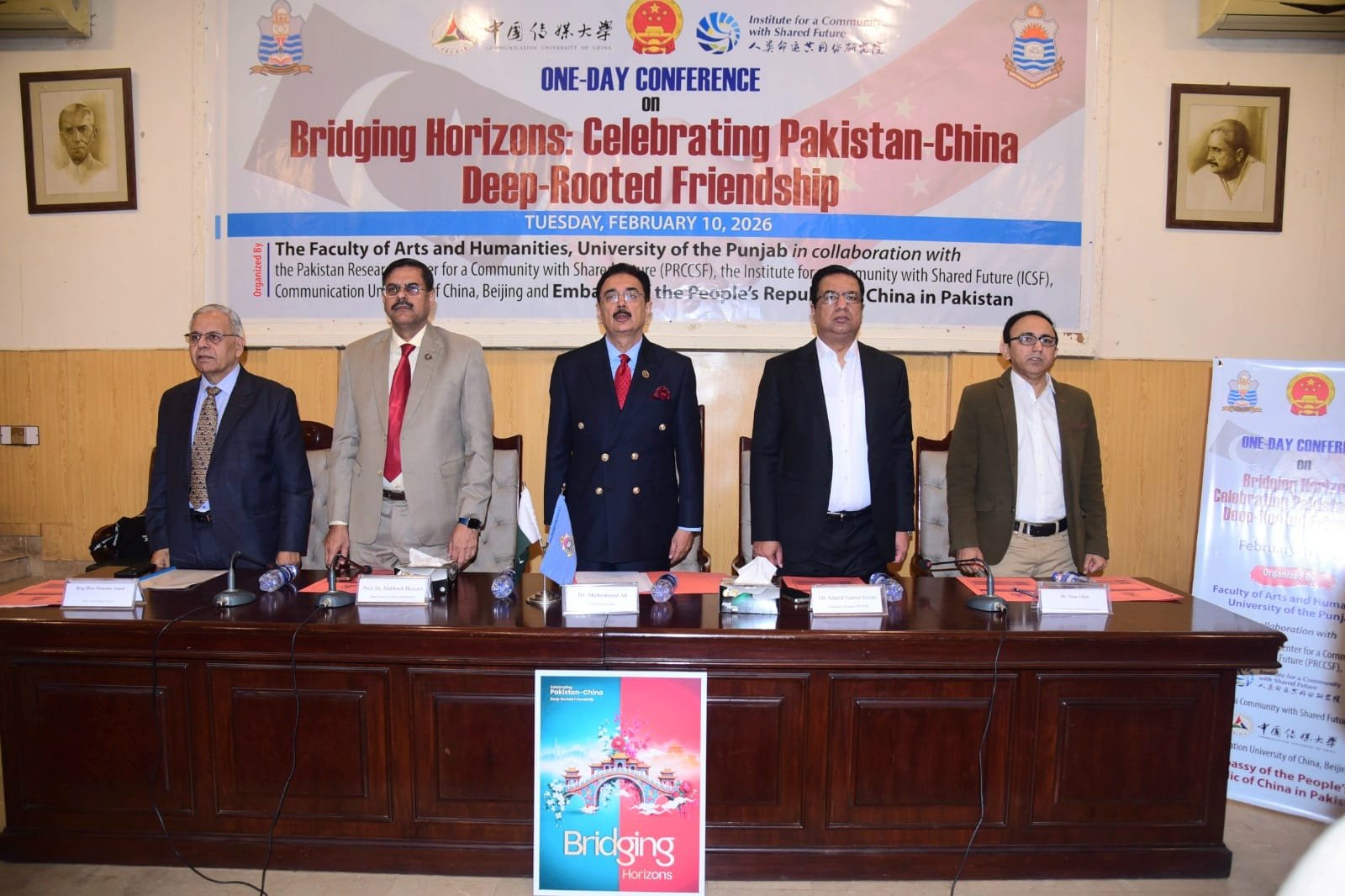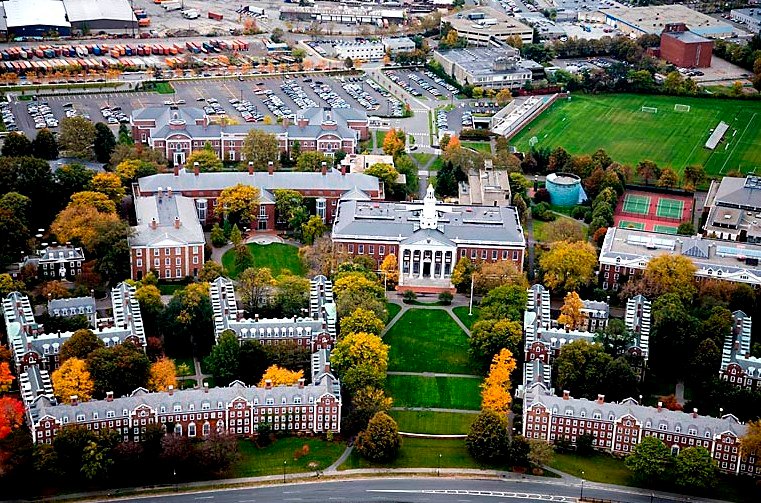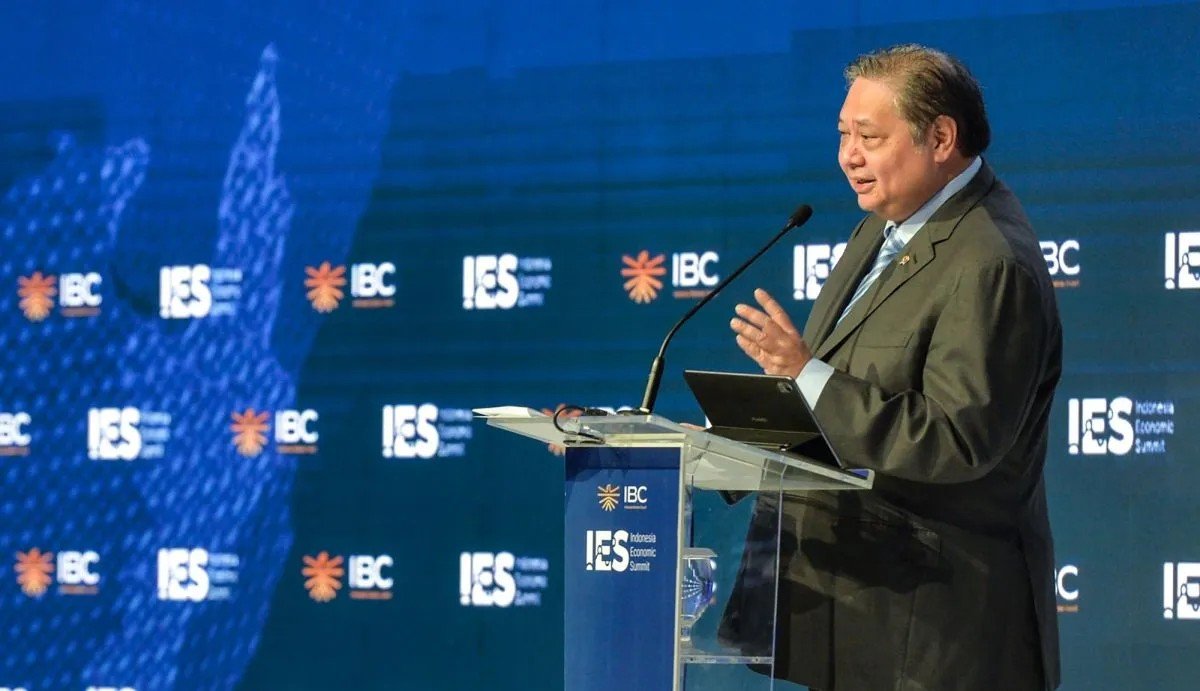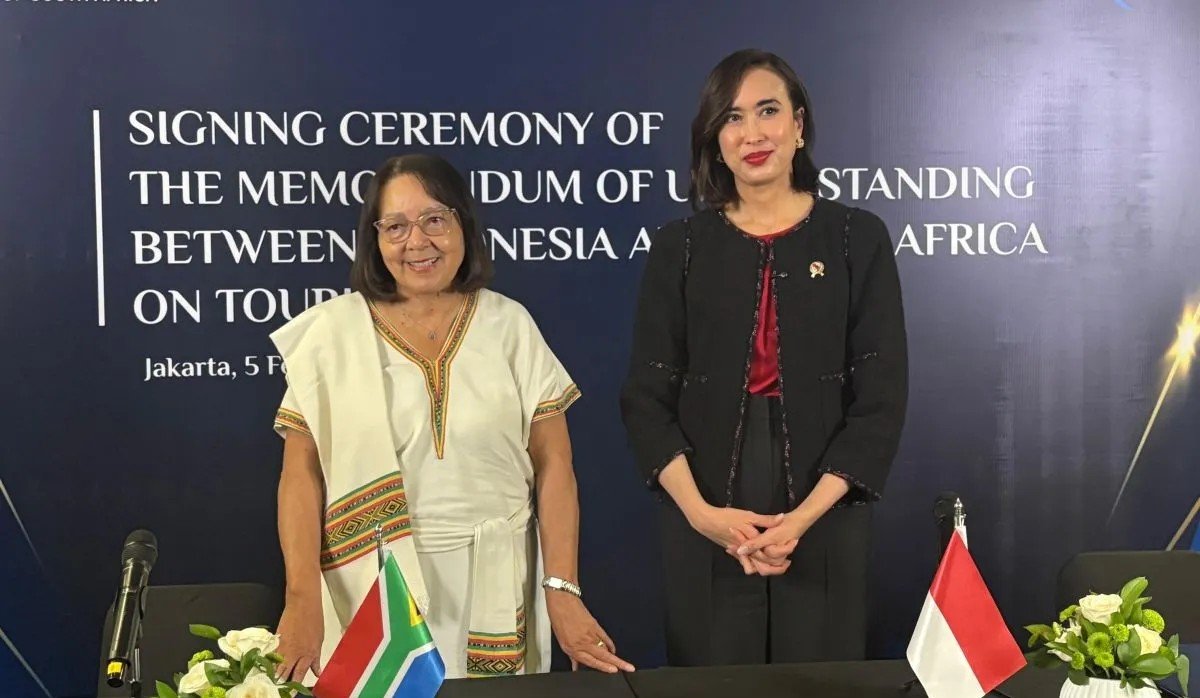Nusa Dua, July 02, 2024, The Europe Today: The Indonesian Ministry of Education, Culture, Research, and Technology is accelerating the use of artificial intelligence (AI) to increase access to higher education, addressing significant infrastructure limitations. At an international conference on inclusive education for the digital era on Tuesday, the ministry’s Director General of Higher Education, Professor Abdul Haris, highlighted the pressing need for this digital transformation.
“Currently, only around 40 percent of high school students have the opportunity to go to universities,” Haris noted. He emphasized that digital technology, including AI, is the solution to overcoming educational challenges in Indonesia, particularly those posed by the country’s extensive geography, which includes 17,000 islands and a coastline spanning 5,245 kilometers.
With 4,356 higher education institutions in Indonesia—92 percent of which are private—providing access to education across such a diverse and expansive landscape is a formidable challenge. Haris stated that the ministry has initiated training for universities on AI usage and established an AI center equipped with a high-capacity computing server facility available for use by institutions nationwide.
Beyond AI, the ministry is implementing several policies aimed at digitalization in higher education. These initiatives include adopting Indonesian national work competency standards, strengthening information technology, expanding computerization and computer engineering programs, forming a consortium of AI institutes, and collaborating with technology-based companies to further develop AI capabilities.
“AI is a form of computing technology that helps make various aspects of life easier in the present and the future,” Haris remarked, underscoring the transformative potential of AI in addressing Indonesia’s educational access issues.
The ministry’s push for AI and digitalization represents a significant step towards ensuring broader and more equitable access to higher education for Indonesian students, paving the way for a more inclusive and technologically advanced educational landscape.

